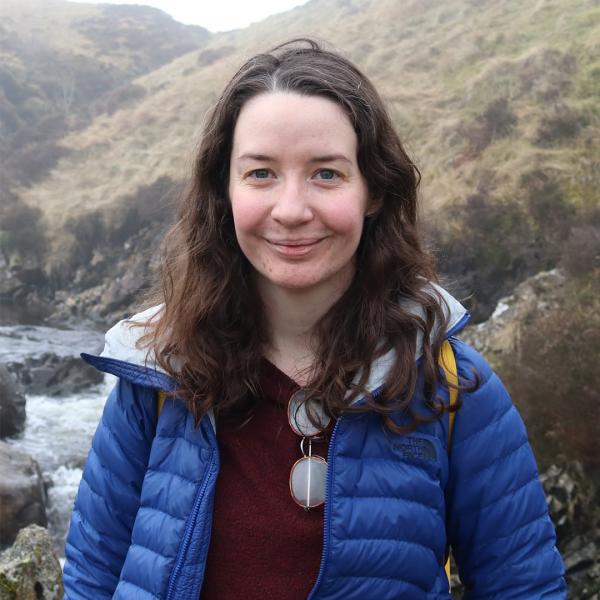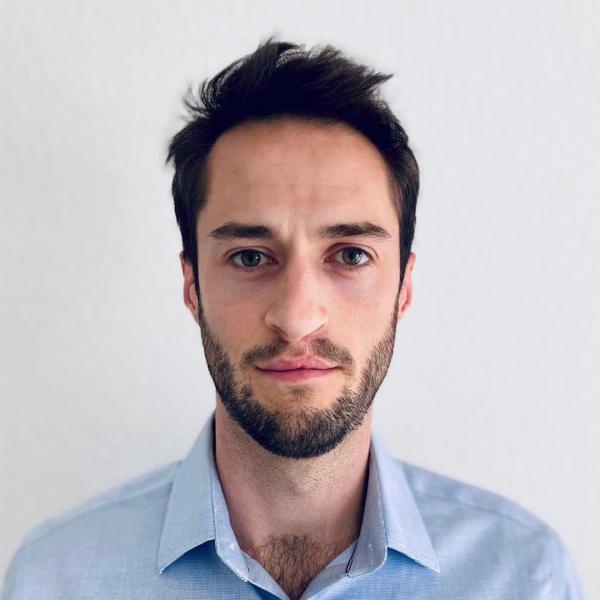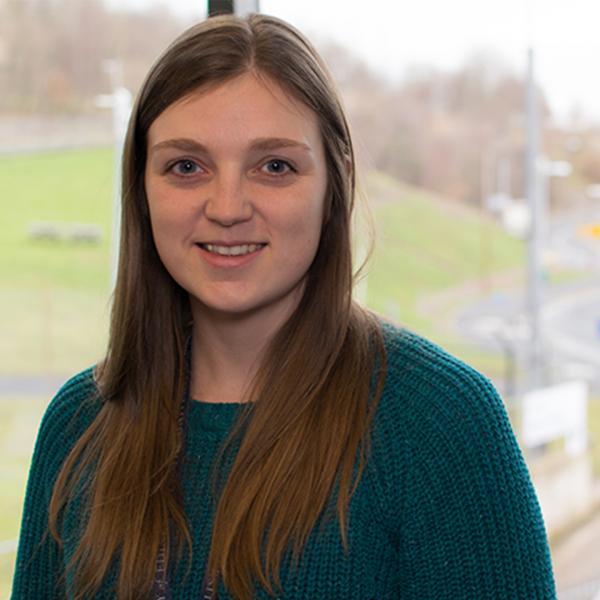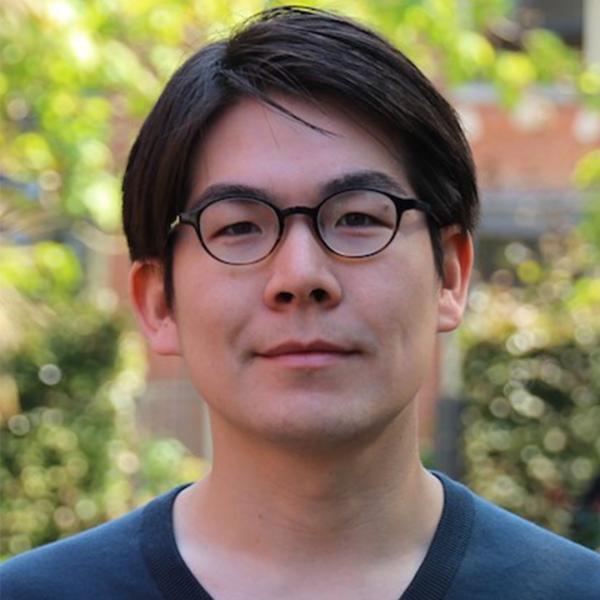Six Edinburgh academics have been announced as recipients of a government fellowship to propel research tackling global challenges and to bring innovative ideas to market.
The group has been recognised in UKRI's (UK Research and Innovation) flagship Future Leaders Fellowship scheme which supports early career researchers with remarkable potential.
The Edinburgh academics are among 97 of the UK's most talented researchers, backed with a £113.5 million investment to convert their innovative ideas into transformational products and services.
 '
' '
' '
' '
' '
' '
'





jQuery('#uoe-gallery-139238 .gallery-display').slick({ mobileFirst: true, slidesToShow: 1, slidesToScroll: 1, infinite: false, adaptiveHeight: false, fade: true, asNavFor: '#uoe-gallery-139238 .gallery-track', appendArrows: '#uoe-gallery-139238 .gallery-nav', focusOnSelect: false, focusOnChange: true, prevArrow: 'Previous', nextArrow: 'Next', }) jQuery('#uoe-gallery-139238 .gallery-track').slick({ mobileFirst: true, slidesToShow: 1, swipeToSlide: true, infinite: false, dots: false, speed: 300, centerMode: true, centerPadding: '75px', variableWidth: true, asNavFor: '#uoe-gallery-139238 .gallery-display', focusOnSelect: true, focusOnChange: false, arrows: false });
Leading research
The prestigious Fellowships have been awarded to Dr Claire Hobday of the School of Chemistry, Dr Dominique Laniel who will be joining the School of Physics in 2022, and Dr Nadanai Laohakunakorn of the School of Biological Sciences.
The other awardees are Dr Bethany Mills of the Queens Medical Research Institute, Dr Anne Templeton and Dr Wataru Uegaki, both of the School Philosophy, Psychology and Language Sciences.
The new Fellows are working on providing bold solutions and innovations ranging from efficient refrigeration and the development of superhard materials to synthetic cells.
The Fellow's projects also include advancing the understanding of ulcers that cause blindness, first responders behaviour in emergencies and how people express meaning in language.
Research Projects
Dr Claire Hobday's research looks into designing sustainable and more efficient refrigerants than current environmentally damaging systems.
Dr Hobday's approach uses experimental and computational techniques to understand, at the atomic scale, heating and cooling processes that occur in solid-state materials under pressure.
Dr Dominique Laniel's research focuses on nitrogen in extreme conditions - looking at the synthesis of next generation high energy density and superhard technological materials.
The work will include modelling planetary bodies and providing benchmarks for theoretical calculations.
Dr Nadanai Laohakunakorn's project proposes to engineer synthetic biochemical systems to have similar regenerative properties as living cells.
The study will look into how cells achieve this remarkable property, and how it can be harnessed for biotechnological applications.
Innovative ideas
Dr Bethany Mills will lead a project to research corneal ulcers, a major cause of blindness that affects 1.5 to 2 million people in India alone and millions more in other countries.
Dr Mills's project will analyse tears to map the bacteria and fungi that cause corneal ulcers. Using this information, Dr Mills aims to develop treatments, taking account of local resources and ensuring patient engagement.
Dr Anne Templeton's research will focus on understanding how and why citizens respond to first responder communication strategies in emergencies.
The research will look at how new findings can be incorporated into computer models for improved safety planning.
Dr Wataru Uegaki's project aims to uncover why amid the diversity of human languages a lot of common properties are shared in the expression of logical meanings.
Dr Uegaki and his team's approach will include integrating formal semantics, evolutionary linguistics and by testing how artificial languages evolve in experiments.
Fellowship programme
The Future Leaders Fellowship programme is part of the UK Government's modern industrial strategy, which aims to secure the country as a world-leader in the field of scientific research and innovation.
Scotland's most promising researchers have been awarded more than £16.5 million of the Government funding.
We are proud to support such a diverse and worthwhile range of projects. This research will make a real difference to people's lives, from potentially saving the sight of millions to finding new treatments for disease and creating environmentally-friendly smart tech. Scottish scientists have long been pioneers of innovation and this investment will encourage a new generation of trailblazers to keep that tradition going.
The government has committed over £900 million to its Future Leader Fellowship initiative over three years.
As home to the innovators who demonstrated the first working television and telephone, Scotland has a unique history in technological innovation. Backed with over £16.5m of UK Government funding, these pioneering projects in Scotland, whether that's making smart devices sustainable or supporting the fishing industry to combat climate change, will continue that proud tradition. We are putting science and innovation at the heart of our efforts to build back better from COVID-19, empowering our scientific leaders of tomorrow to drive forward game-changing research and helping to secure the UK's status as a global science superpower.
The Fellowship will help fund vital equipment and support Fellow's career development to help drive forward their studies more quickly, as well as the development of challenging and innovative projects.






